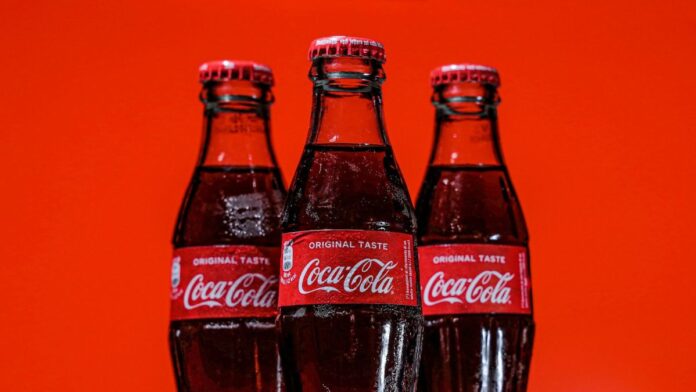In a significant announcement, President Donald Trump revealed that Coca-Cola has agreed to replace high fructose corn syrup with real cane sugar in their beverages sold in the United States.
“I have been speaking to Coca-Cola about using REAL Cane Sugar in Coke in the United States, and they have agreed to do so. I’d like to thank all of those in authority at Coca-Cola. This will be a very good move by them — You’ll see. It’s just better!,” Trump stated on his social media platform, Truth Social.
Health Implications of the Switch
While the adverse health effects of consuming corn syrup over prolonged periods are well-documented, transitioning to real cane sugar may lead to increased costs for Coca-Cola.
Cost Analysis: Cane Sugar vs. Corn Syrup
High fructose corn syrup (HFCS) typically costs between $0.20 to $0.30 per pound, while cane sugar production costs range from $0.40 to $0.50 per pound. This means cane sugar is approximately 33% to 150% more expensive per pound.
According to Investopedia, switching from HFCS to cane sugar could result in a 10-15% increase in the price of certain products, particularly beverages.
International Practices
It’s worth noting that Coca-Cola uses HFCS exclusively in the U.S., while cane sugar is used in its beverages around the world. Although the exact cost of producing a bottle of Coca-Cola is not publicly available, estimates suggest it adds only a few cents per bottle, as the cost of liquid ingredients like water and corn syrup is quite low.
The bulk of expenses is attributed to packaging, marketing, and distribution, all influencing the retail price that consumers pay for the iconic soft drink.


